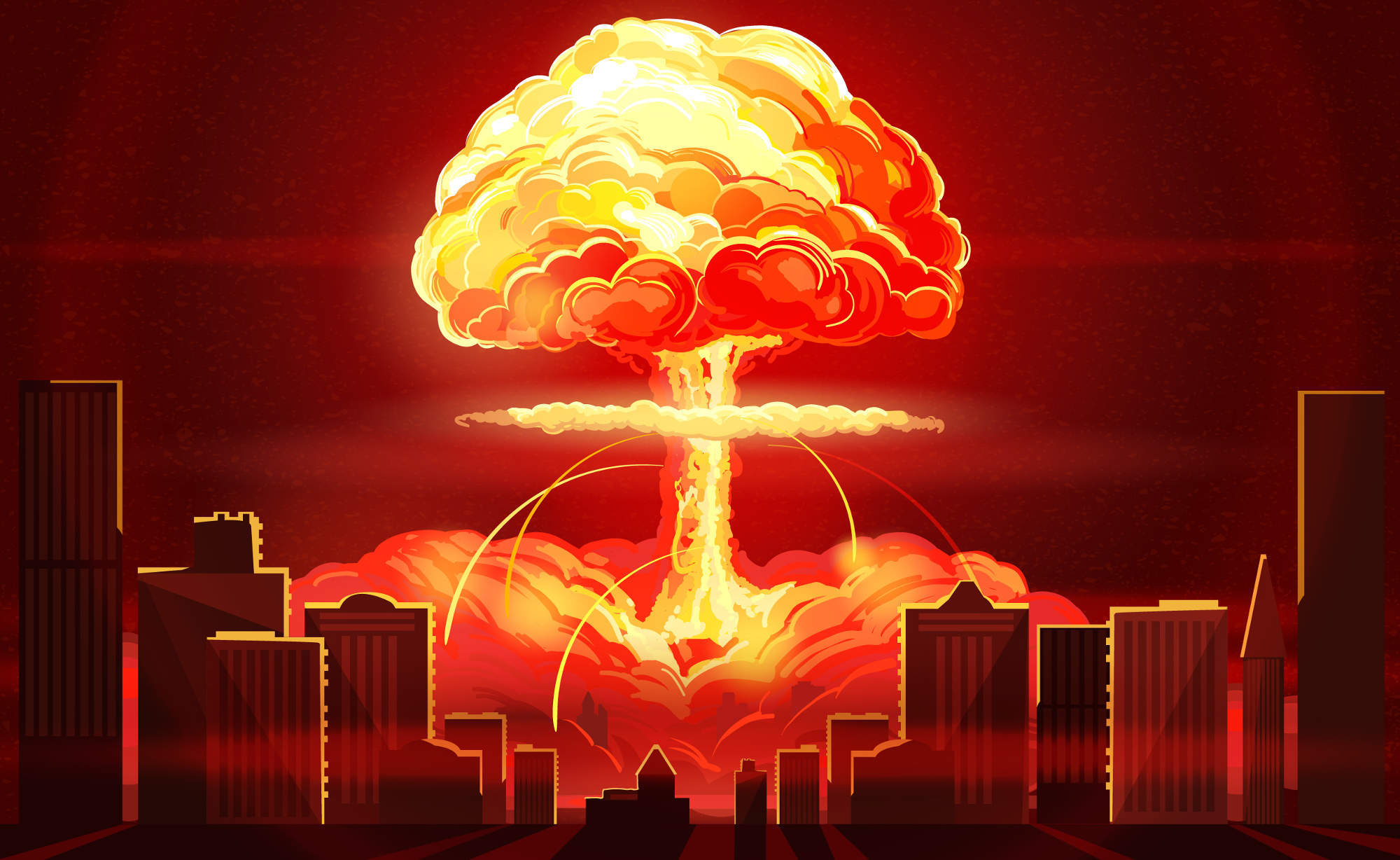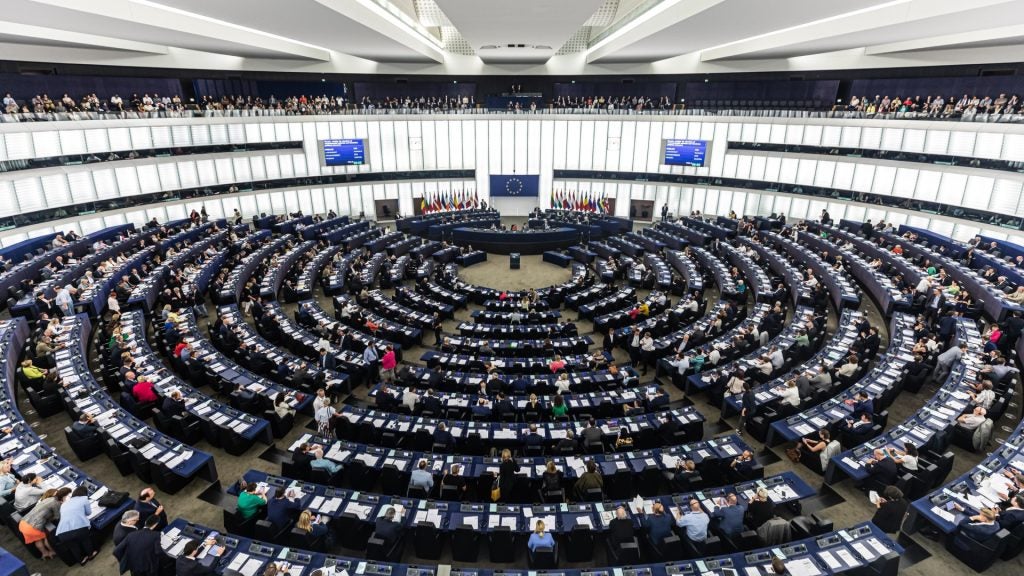
The International Atomic Energy Agency (IAEA) — a United Nations backed organisation — is meeting today to discuss Iran’s and North Korea’s nuclear programmes in Vienna.
Last month US defence secretary Jim Mattis said the threat of nuclear missile attack by North Korea is accelerating while US president Donald Trump wants to abandon the 2015 Iran nuclear deal amid heightened Iran tensions will regional rival Saudi Arabia.
The IAEA meeting will begin at 9:30am London time and a press conference will be held at 1:30pm — you can watch along live here.
What powers does the IAEA have?
The International Atomic Energy Agency (IAEA) inspects nuclear and related facilities under safeguard agreements, making sure nuclear material is not being diverted for making weapons.
The IAEA is the verification authority to enforce the Treaty on the Non-Proliferation of Nuclear Weapons (NPT).
The powers of the IAEA extend to observing and reporting, it is unable to take any action against countries that break nuclear treaties itself.
How well do you really know your competitors?
Access the most comprehensive Company Profiles on the market, powered by GlobalData. Save hours of research. Gain competitive edge.

Thank you!
Your download email will arrive shortly
Not ready to buy yet? Download a free sample
We are confident about the unique quality of our Company Profiles. However, we want you to make the most beneficial decision for your business, so we offer a free sample that you can download by submitting the below form
By GlobalDataNorth Korea
North Korea, formally known as the Democratic People’s Republic of Korea (DPRK), announced its withdrawal from the Nuclear Non-Proliferation Treaty in 2003.
In recent years, the nuclear tests and missile launches have advanced its nuclear program dramatically.
Earlier this month IAEA director general Yukiya Amano said:
Our inspectors were requested to leave in April 2009 … after that we don’t have inspectors on the ground, but we continue to monitor the nuclear programs of North Korea by using satellite imagery and collecting open source information, and we have observed the progress in the nuclear program in North Korea in particular in the city of Yongbyon.
Speaking in Seoul on the achievements of South Korea and the oppression of the North Korean government, Trump pivoted from fiery threats against the government of Kim Jong Un, to an open offer to negotiate the de-nuclearisation of the Korean Peninsula.
In China, Trump implored its newly-strengthened leader Xi Jinping, for more help to reign in Kim Jong Un’s nuclear ambitions.
Iran
Last week an IAEA report found there had been no violations to the 2015 nuclear treaty by Tehran.
The IAEA said in a confidential report viewed by Reuters and several other news outlets that Iran’s stockpiles of enriched uranium have not exceeded the agreed limit of 300 kilograms and that IAEA inspectors were able to gain access to any sites they tried to visit.
The quarterly report marked the ninth successive time the IAEA has attested that Iran is meeting its commitments since the nuclear deal between Iran and six major powers, including the US, was implemented early last year.
Last month, Trump refused to certify that Iran was keeping up its end of the deal.
Although U.S. officials have acknowledged that Iran is in “technical” compliance, they say the country is violating the “spirit” of the landmark agreement to curb its nuclear program in exchange for sanctions being suspended. During his campaign and into his presidency, Trump has been a fierce critic of the agreement, which he has called “the worst deal ever.”




